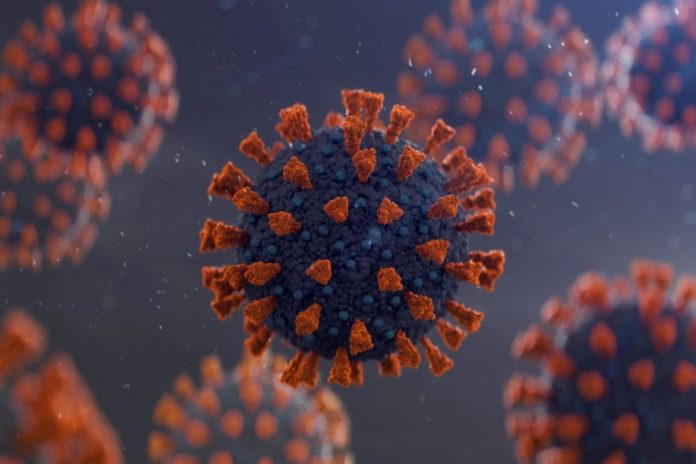The results of the study, published in the journal Immunity, explained why fully vaccinated people have largely escaped the worst of the delta surge.
According to a study conducted by researchers at Washington University School of Medicine in St. Louis, despite causing a sharp rise in infections this summer that resulted in thousands of hospitalizations and deaths, the delta variant of the virus that causes COVID-19 is not particularly good at evading the antibodies produced by immunisation.
The researchers examined a range of antibodies produced by humans in response to the Pfizer COVID-19 vaccine and discovered that delta was unable to avoid all but one of the antibodies tested. Other problematic variations, such as beta, resisted recognition and suppression by several of the antibodies.
Scientists determine the usefulness of an antibody by its ability to prevent virus from infecting and killing cells in a dish.
Although both neutralizing and non-neutralizing antibodies contribute to the body’s defence, neutralizing antibodies that prevent infection are regarded to be more potent than antibodies that recognize the virus but cannot block infection.
The team tested the antibodies against four VOCs’s: alpha, beta, gamma and delta. 12 of the 13 recognized alpha and delta, 8 recognized all four variants, and one failed to recognize any of the four variants.
The findings found that 5 of the 13 antibodies neutralized the original strain. All five antibodies neutralized delta, three neutralized alpha and delta, and only one neutralized all four variants.
The antibody that neutralized all four of the aforementioned variants –; as well as three more variants tested independently –; was dubbed 2C08. Additionally, 2C08 protected hamsters against disease induced by each variant studied in animal experiments: the original version, delta, and mimic of beta.
The study points out that some people may have antibodies that are just as effective as 2C08 in defending them from SARS-CoV-2 and its various variations. Using publicly available information, the researchers observed that approximately 20 percent of patients infected with or immunised against SARS-CoV-2 produce antibodies that detect the same location on the virus that 2C08 targets. Furthermore, only a small percentage of viral variations (.008 percent) have mutations that allow them to evade antibodies that target that site.
Image Credit: Getty
